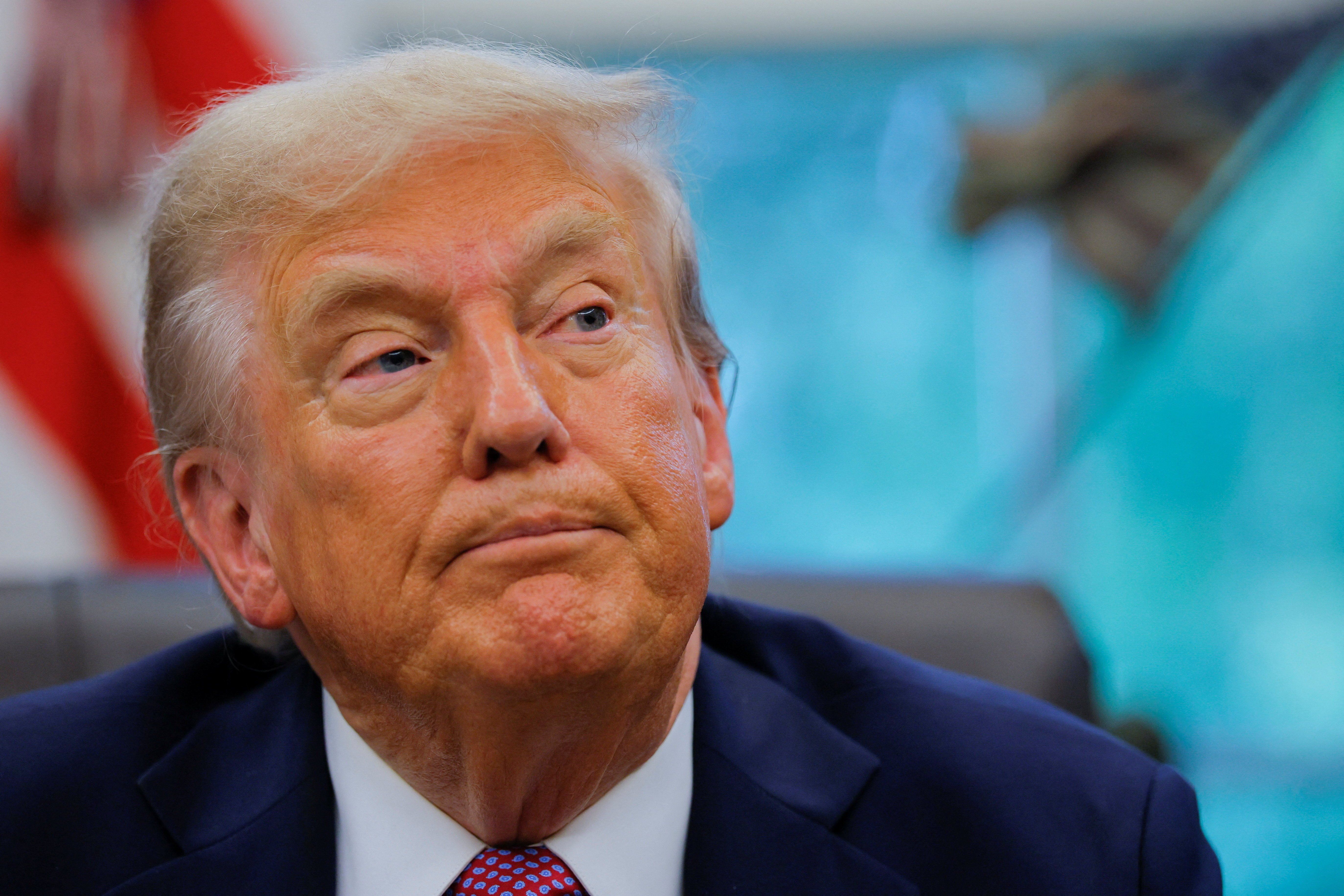One arena in which President Donald Trump's administration has been consistently stymied is the federal judiciary. And an attorney currently leading a prominent lawsuit against the White House is now giving new details on why his efforts have borne fruit.
During a Friday interview on MSNBC's "The Weeknight," Norm Eisen — who was U.S. Ambassador to the Czech Republic during former President Barack Obama's administration — expanded on his simple strategy of filing Freedom of Information Act (FOIA) requests compelling the Trump administration to release documents pertaining to convicted pedophile Jeffrey Epstein. Eisen previously shed light on his successes in the judiciary with The Atlantic in an article entitled "The Anti-Trump Strategy That's Actually Working." The article reported on "a legal resistance led by a patchwork coalition of lawyers, public-interest groups, Democratic state attorneys general, and unions has frustrated Trump’s ambitions."
"Hundreds of attorneys and plaintiffs have stood up to [Trump], feeding a steady assembly line of setbacks and judicial reprimands for a president who has systematically sought to break down limits on his own power," the report read. "Of the 384 cases filed through August 28 against the Trump administration, 130 have led to orders blocking at least part of the president’s efforts, and 148 cases await a ruling, according to a review by Just Security. Dozens of those rulings are the final word, with no appeal by the government, and others have been stayed on appeal, including by the Supreme Court."
"The tenacity and the ability to sort of go at these things really is coming into focus," MSNBC host Michael Steele said of Eisen's efforts. "... The Trump-Epstein story is the story of the Trump administration's corruption benefiting his rich and powerful cronies at the expense of vulnerable people. You explained it that way. That's the nub of this, and it's now coming home to roost, if you will."
"This is one — as I explained to The Atlantic — that has really broken through. And it's not just because it's salacious," Eisen responded. "What I think the American people are getting is a theme of the Trump administration too close to the rich and powerful, and as a result, who gets hurt? The most vulnerable people in our society."
The Atlantic reported that while FOIA requests are "normally a weak tool for unlocking investigative records gathered for criminal investigations," Eisen saw an opening based on an argument Attorney General Pam Bondi's Department of Justice made in a legal filing. He believed that because the DOJ claimed that extraordinary public interest in the Epstein controversy necessitated the release of grand jury transcripts, Eisen used that same rationale to force the administration's hand through the FOIA process.
"We've done 11 FOIAs. We're in court litigating. We're keeping the pressure on ... how did [Epstein accomplice] Ghislaine Maxwell get moved from a prison where she deserved for her involvement in these terrible crimes against young women, to a country club prison? We're going to get that information out there."
Watch Eisen's segment below, or by clicking this link.
